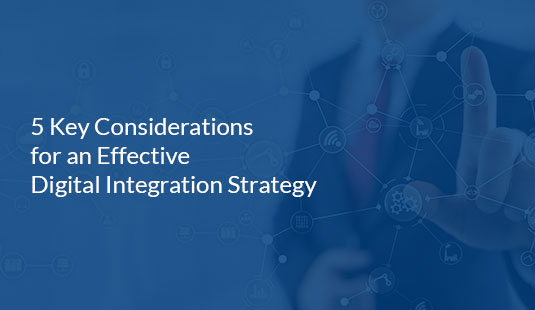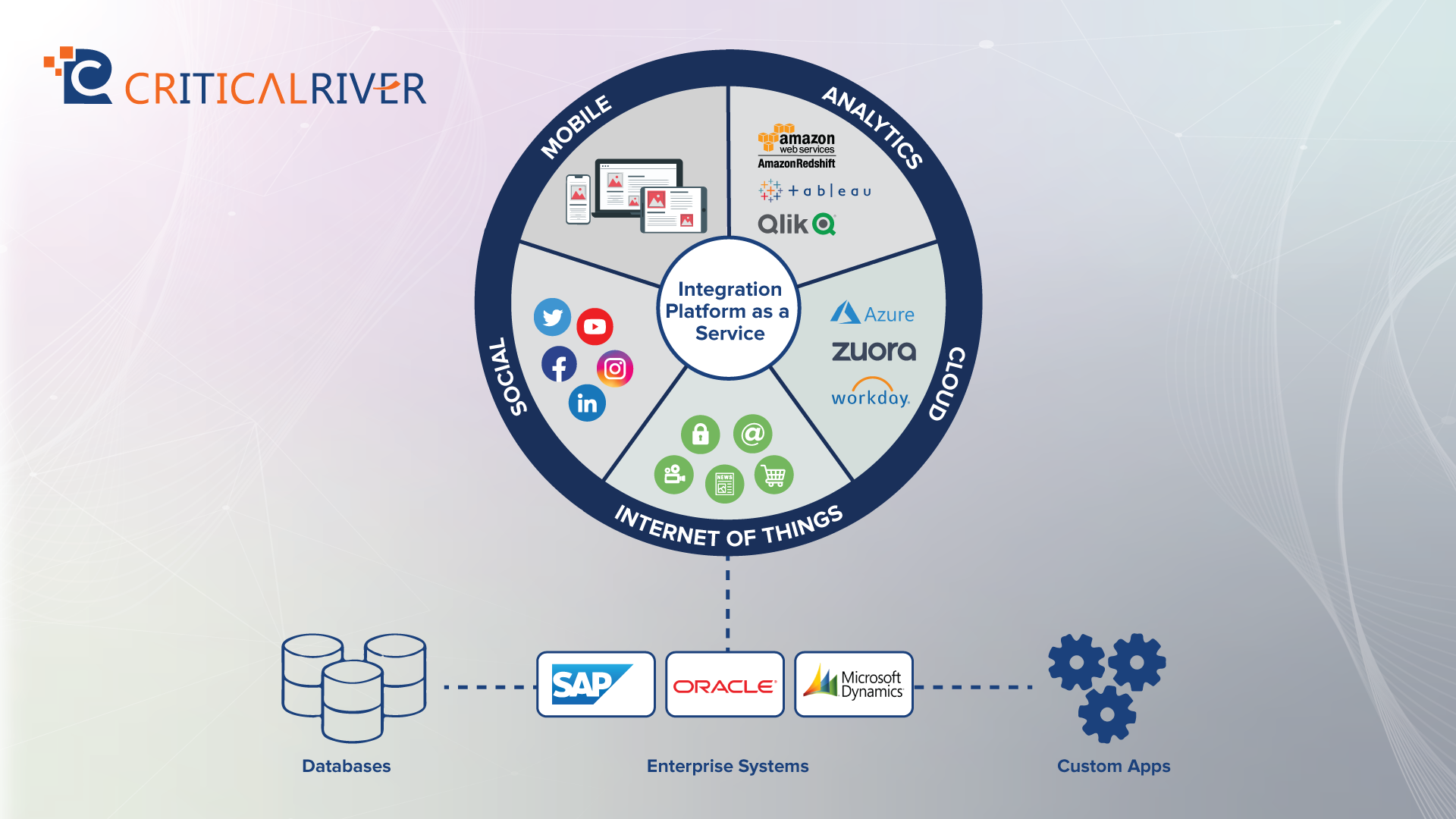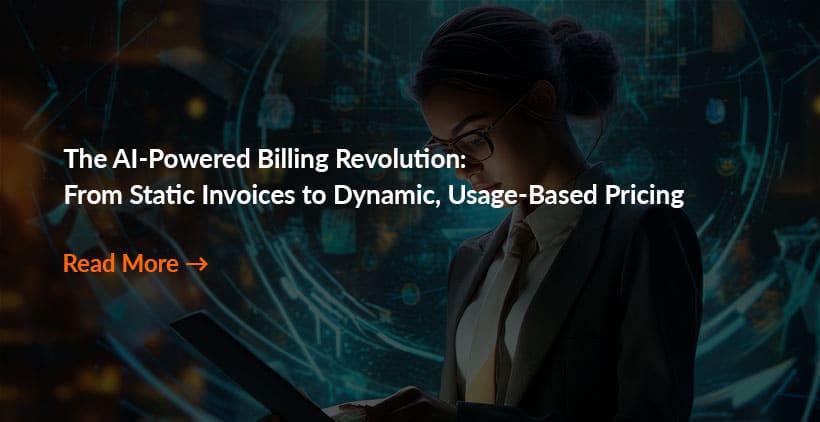Below are some key points to consider for successful Digital Integration:

Real-Time Integrations
The modern world is all about competition, which is fueled by instant access to data. Customers today want data access at the click of a button to make quicker decisions. Enabling real-time integrations has become a mere necessity for businesses to be successful against competition. Some business applications need data to be streamed in real-time and some scenarios, like airline bookings, need to process data in a few seconds. The data has to be amalgamated across various IT systems which are spread in Legacy, ERP, and Cloud zones.

Data Governance
An integration platform must be able to manage a large amount of data. Before embarking on any digital integration project, an effective governance process for data management should be defined. All regulations governing the storage and use of such data should be considered. Even the lifespan of data must be considered, so that any obsolete data can be decommissioned over time. Strong data governance ensures reliable data for your business processes and interactions. A strong master data management strategy can be used to handle the governance and control of the data that must flow to each of the systems in order to create a single source of truth.

Managing Data Silos
Organizations must provide a method for the data to collaborate in order to enable seamless integration; in other words, data silos must be destroyed. Every piece of data goes into a master repository, which serves as the company’s one source of truth rather than having to deal with several data sources. Data becomes a trustworthy source for assured decision-making when you can be sure that it is correct and kept up-to-date. Accessible, sharable data enables you to fully utilize the capabilities of every application and develop novel workflows. Additionally, it prepares the ground for modern client interactions and automation. Utilizing the appropriate metrics to guide important business choices in your firm requires effective data management.

Agile Integrations
This model enables seamless integration of business operations into the integration framework without interfering with other services. Organizations need to implement integrations quickly due to the growing popularity of SaaS and cloud applications. A distributed environment is necessary for agile integration in order to quickly deploy new tools and systems. Individual teams can manage the necessary deployment of new systems and their integration in the current architecture using API-based integration. The agile integration methodology makes this easier, speeds time to market, and enables businesses to scale quickly.

Data Protection and Privacy
Hybrid Digital Integration practices prevent businesses from adopting full cloud Integration. Data cannot leave its source under some country-specific data protection requirements like SOC II, GDPR, and HIPAA, and in some cases, certain confidential data must stay behind the company firewall. With more control over how their data is handled, hybrid integration offers the ideal option. Businesses can decide which types of data should be kept on-premises and which can be stored on the cloud. This aids in data separation and movement tracking as well.
Businesses can foster innovation with the aid of digital integration. It can be challenging to obtain the business insights necessary to maintain and expand the company’s competitiveness when software applications are isolated from one another in an enterprise network and data is scattered everywhere. It is simple to integrate data and apps with the help of new iPaaS(Integration Platform as a Service) solutions like Workato, Boomi, and Mulesoft, and teams no longer need to wait for IT to manage the integrations. The pre-built connections and templated pipelines used in today’s iPaas solutions make it possible for customers to integrate and automate workflows rapidly. Enterprises can reduce tool sprawl and rely on a single platform for all their integration needs by selecting an iPaaS.






